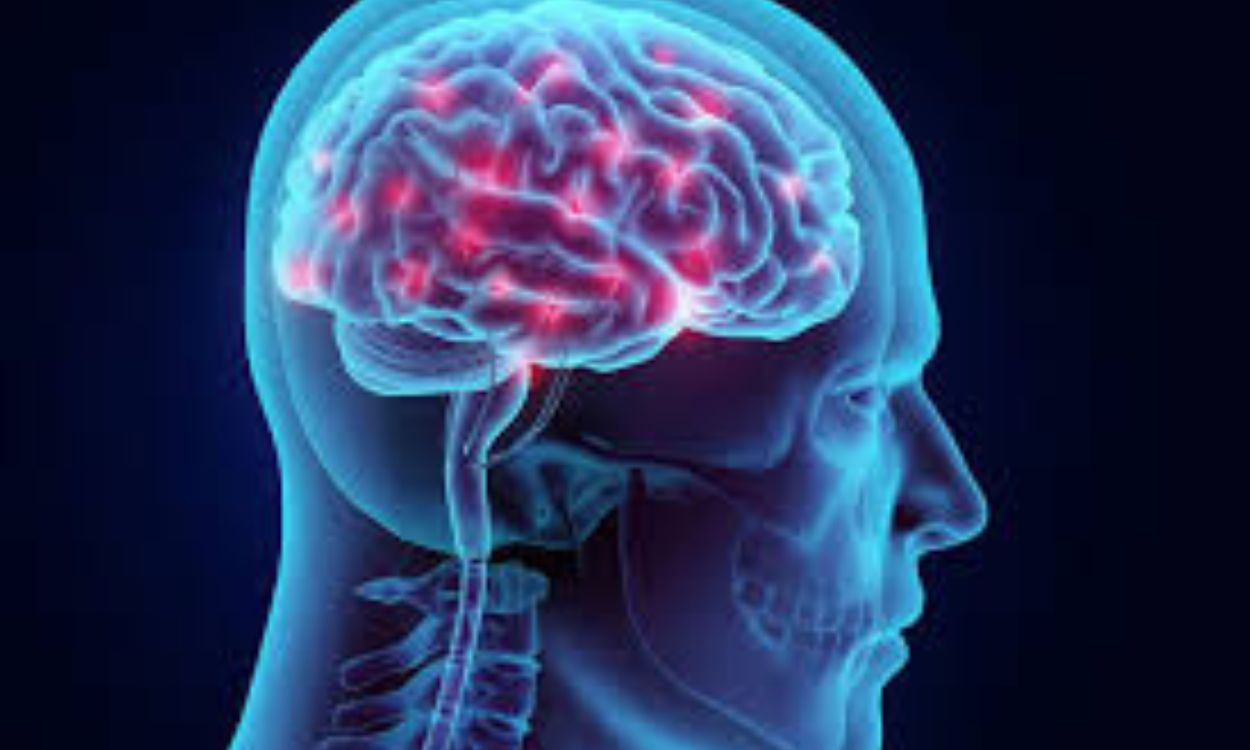Beyond the Liver: How Fatty Liver Disease Can Impact Your Nervous System
Fatty liver disease, known medically as hepatic steatosis, is a condition where excess fat builds up in the liver. While it’s often associated with lifestyle factors such as poor diet and lack of exercise, the implications of fatty liver disease extend beyond the liver itself, potentially affecting other parts of the body, including the nervous system.
Understanding Fatty Liver Disease
Fatty liver disease is broadly classified into Non-Alcoholic Fatty Liver Disease (NAFLD) and Alcoholic Fatty Liver Disease (AFLD), depending on alcohol consumption. NAFLD is more prevalent in India due to rising cases of obesity and diabetes.
Connection to the Nervous System
1. Inflammation and Oxidative Stress: Fatty liver disease can lead to increased levels of inflammation and oxidative stress, both of which can affect brain health. Chronic inflammation, a common result of fatty liver, releases cytokines that may cross the blood-brain barrier, potentially leading to neuroinflammation, which can impact cognitive function.
2. Insulin Resistance: This condition is a common precursor to fatty liver. Insulin resistance can also affect the brain’s ability to process glucose efficiently, which is crucial for proper brain function. Studies have linked insulin resistance with an increased risk of neurodegenerative diseases like Alzheimer’s.
3. Gut-Brain Axis: The liver plays a crucial role in metabolizing substances from the gut. A fatty liver may alter gut bacteria composition, leading to the release of neurotoxins that can affect the brain. This gut-brain-liver axis is essential in understanding how fatty liver affects neurological health.
4. Neurological Manifestations: Some individuals with fatty liver disease report symptoms like fatigue, difficulty concentrating, and mood disturbances. While these symptoms are not specific to liver disease, they highlight a potential link between liver health and neurological function.
Prevention and Management
Efforts to manage fatty liver disease focus on lifestyle modifications such as:
– Balanced Diet: Emphasizing fruits, vegetables, whole grains, and lean proteins while reducing sugar and saturated fats.
– Regular Exercise: Physical activity helps reduce liver fat and improves insulin sensitivity.
– Weight Management: Achieving a healthy weight can significantly reduce liver fat and mitigate associated risks.
Fitpaa: Your Partner in Health
Fitpaa is committed to combating lifestyle diseases like fatty liver by offering tailored health solutions. By utilizing cutting-edge technology, Fitpaa helps users optimize their metabolism, ensuring comprehensive care for all organ systems, including the nervous system.
Why Choose Fitpaa?
– Personalized Care: Fitpaa provides customized health plans, addressing individual metabolic needs.
– Comprehensive Approach: With a focus on all 11 organ systems, including the nervous system, Fitpaa offers holistic health solutions.
– Convenience and Assurance: Fitpaa’s digital solutions offer real-time guidance and support, ensuring you’re on the right track to achieving your health goals.
Join the Fitpaa community today to embark on a journey towards a healthier, happier you. Download the Fitpaa app to start transforming your life with guaranteed results. Your well-being is our mission!
This blog template not only addresses the health question but also seamlessly integrates Fitpaa’s value proposition. Tailored for the Indian audience, it leverages local health concerns and promotes proactive health management with a call-to-action.











